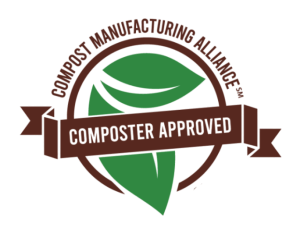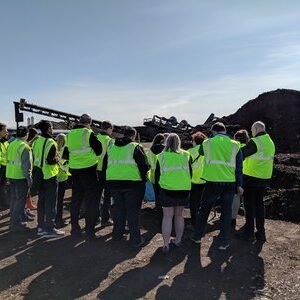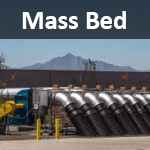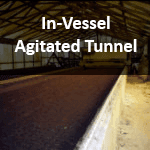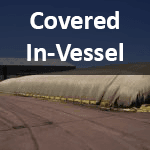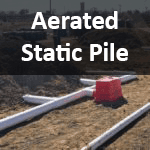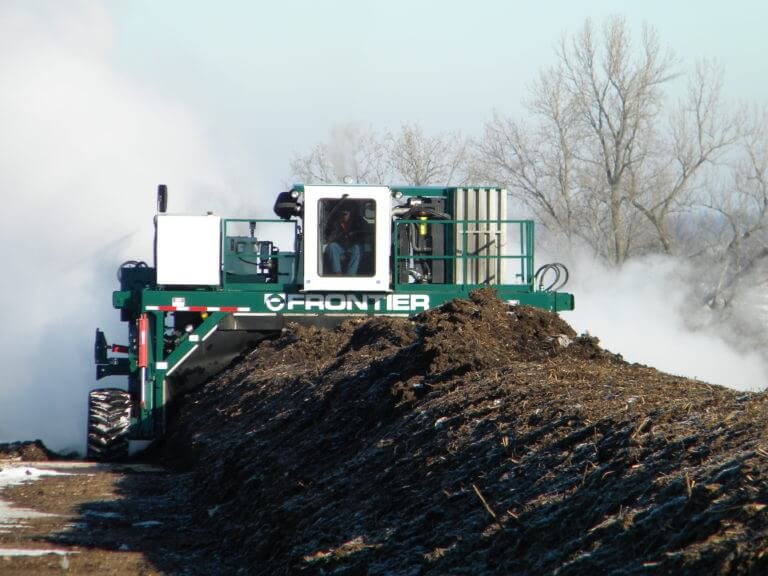
What CMA can do for Compost Facilities — at no cost to you!
CMA’s vision and goal are to work to improve the business model for compost facilities by lowering contamination and its associated costs while proactively field testing compostable foodservice items for their viability throughout the varying process technologies (windrow, aerated static piles, tunnel, in-vessel, mass bed, etc.)
CMA is the composters’ no-cost resource working for you to address your customers’ questions.
CMA improves your Bottom Line in these areas…
Cost Avoidance
CMA supplies free Accepted Compostable lists and web links for facilities that want to know the products have met field standards. No staff time taking phone calls and trying to answer questions from customers and recycling partners. Simply link them to CMA’s site, and we provide the composter-based support you need at no charge. No field testing or site disruption doing your own field tests.
Revenue Enhancement
More competitive feedstock lists that are composter tested and approved Increase your web presence by connecting your residents and consumers to the CMA Contaminant of the Month and other monthly educational campaigns and programs offered to CMA affiliates.
Cost Reduction
CMA provides municipal and stakeholder education focused in contamination reduction, which directly reduces costs Keep staff focused on making compost, and not on sorting and supply chain complexities that are impossible to manage within a compost facility budget. Cut costs by being a CMA affiliate as we work nationally to decrease contamination at the public, retail, food service, and policy level.
FAQ
CMA’s list of tested and approved products can be linked to your website for the appropriate processing technology used for your program. Here is an example of a list Accepted Compostables for Covered In-Vessel Aerated Static Pile.
CMA will provide a monthly link and story in its Contaminant of the Month, highlighting, at the consumer level, many misunderstandings about what can go into compost bins. For instance, not all paper is just paper. Many are treated or coated with grease resistors that inhibit microbes from adequately breaking down paper. For that reason, CMA reviews and/or field tests substrates to determine, with the information they are provided, what might be acceptable into commercial composting programs. Here is a link to items that have been cleared for composting under the CMA program for covered in-vessel systems.
By utilizing the CMA lists for your facility, you can provide the best acceptance criteria available for your program. Driven by the varying process technologies, a simple link on your site to the CMA process list can save hours in customer service time, and gives your recycling partners an efficient, high level of service at no cost. Or, send us your lists and we will provide the feedback to will need to ensure the right products are being sourced for your system and program.
